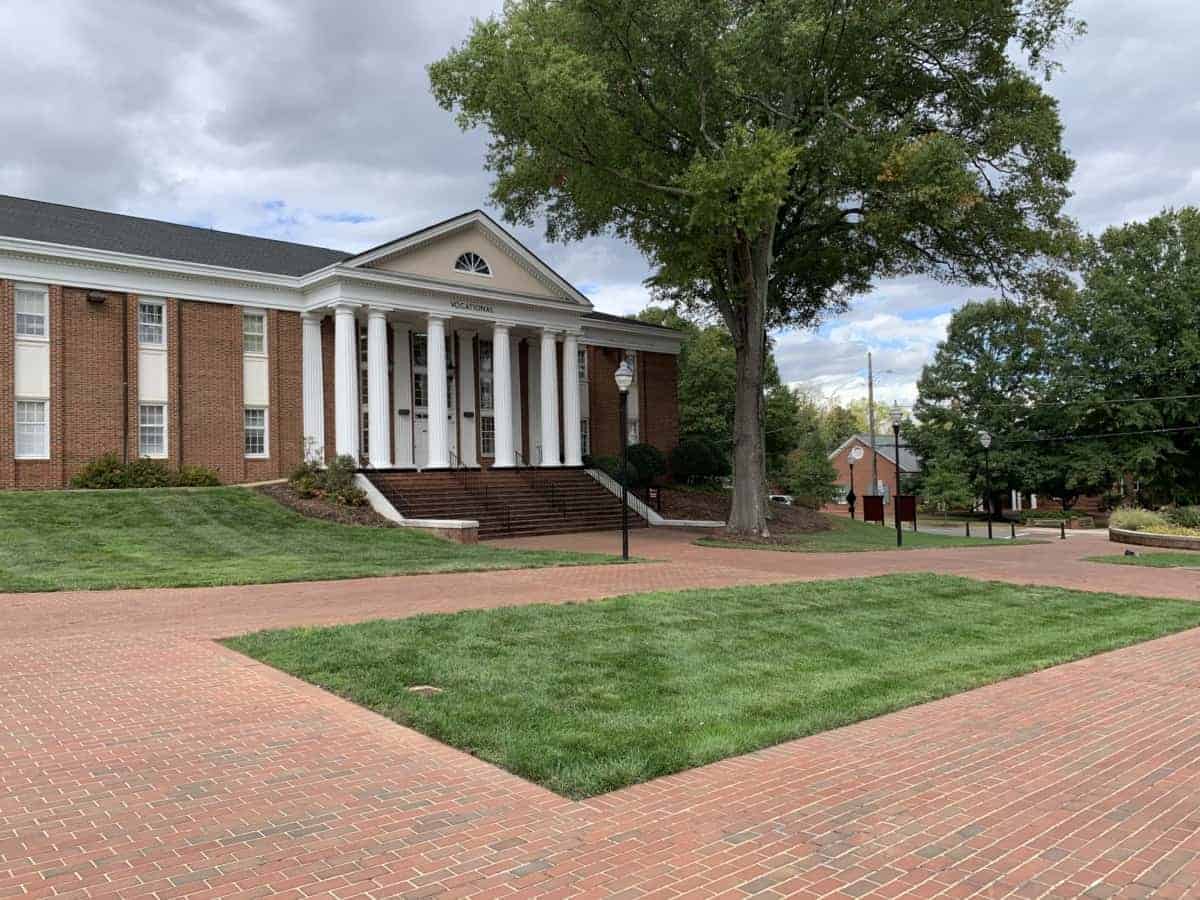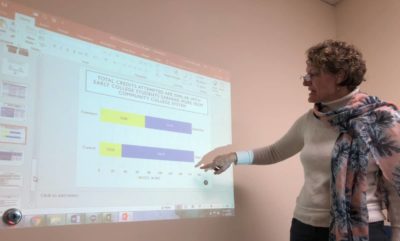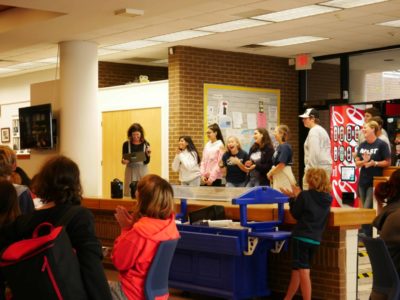
A bill that would fund enrollment growth for the state’s community colleges passed the General Assembly on Monday and is on its way to the desk of Gov. Roy Cooper for his signature.
Senate Bill 816 would provide $41.5 million to fund enrollment growth using money from the federal government earmarked to battle COVID-19 impacts.
This is a big deal, because in 2019, community colleges around the state saw their first large-scale growth systemwide after years of declining enrollment.
The money being used to fund community college enrollment growth is non-recurring because it is being taken from the pot of funds sent by the federal government.
A House addition to the bill would also provide supplemental funding to the following Cooperative Innovative High Schools (CIHS):
- Center for Industry, Technology, and Innovation
- Innovation Early College High School
- Marine Sciences and Technologies Early College High School
- Roanoke Rapids Early College High School
- Southeast Area Technical High School
- Halifax Early College High School
- Stanly STEM Early College High School
- Gaston Early College of Medical Sciences High School
That addition from the House required that the bill be sent back to the Senate for a concurrence vote. The Senate did not concur, and the bill went to a conference committee so both chambers could hash out their differences.
When the bill emerged from this committee, it retained much of the previous language but included an addition: a limit on the number of new Cooperative Innovative High Schools that can be approved by the State Board of Education each year.
Here is how the state Department of Public Instruction describes Cooperative Innovative High Schools.
“North Carolina’s early colleges and other innovative high schools are small public high schools, usually located on the campus of a university or community college, which expand students’ opportunities for educational success through high-quality instructional programming.
“Cooperative Innovative High Schools target students who are at risk of dropping out of high school, first-generation college students, and/or students who would benefit from accelerated learning opportunities.”
Under the provision in the bill, the State Board may select up to three new Cooperative Innovative High Schools each year. These three would be schools that are receiving the supplemental funds from the state that many of these kinds of schools receive. Supplemental funds are above and beyond the traditional funds that school receive from the state.
Not all Cooperative Innovative High Schools receive the funds, however, and the State Board is free to approve as many of them as they want if the schools aren’t seeking the extra money.
Senate Majority Leader Harry Brown, R-Onslow, the senior budget writer for his chamber, said that knowing how many Cooperative Innovative High Schools could be added each year allows lawmakers to anticipate the costs that may be associated. Otherwise, there is no way to know how much supplemental funding might be needed each year.
This is particularly important right now, as the state faces the grim economic circumstances created by COVID-19, he said.
“With the budget problems we’ve got right now … I think it’s important for us today, but I think anytime you put a budget together, having certainty is important,” he said.
Rep. Graig Meyer, D-Orange, voted for the bill in the House, but said he would like to see lawmakers fund “broad expansion of early colleges.”
“But I also understand the fiscal reality we’re facing for next year,” he said.
Similar language was in last year’s vetoed budget bill, but it limited the number of new Cooperative Innovative High Schools to four a year.




